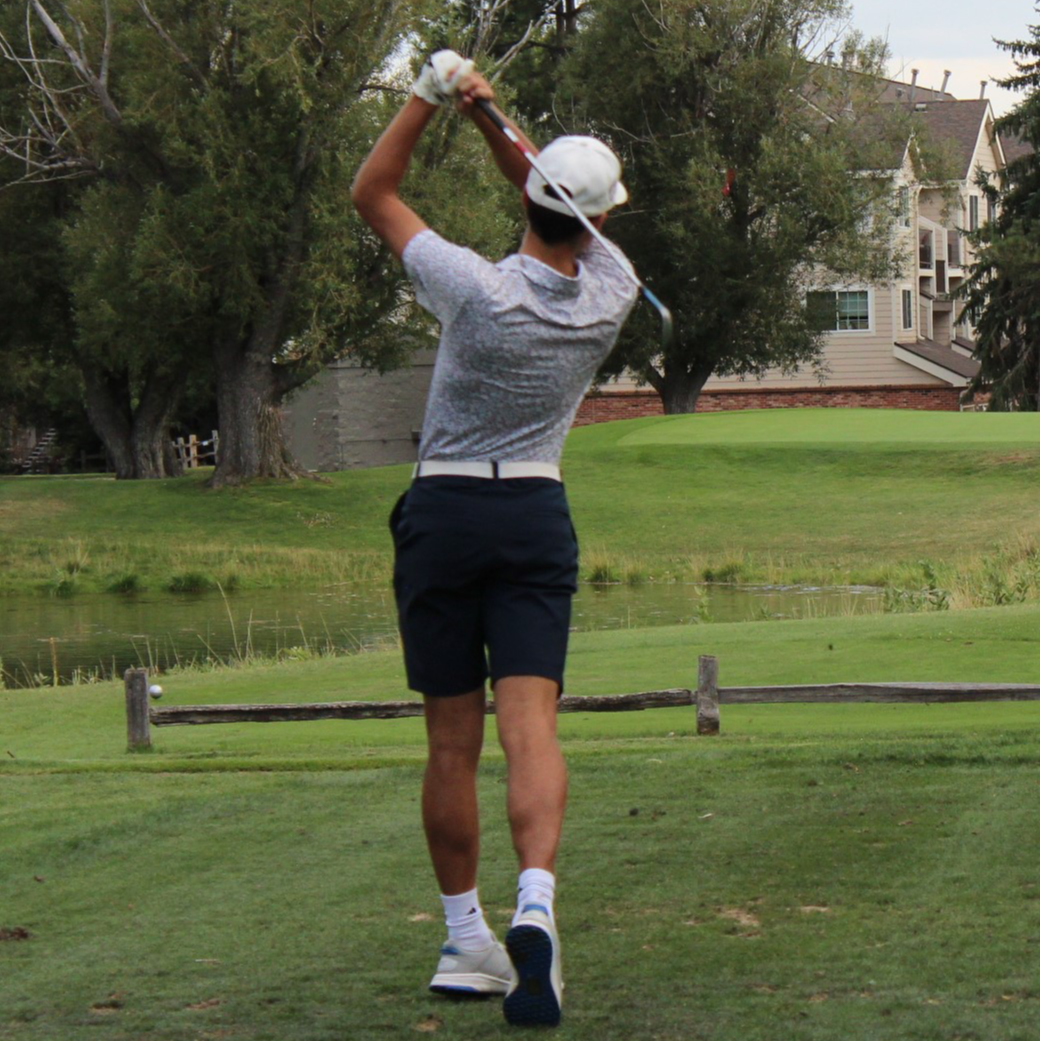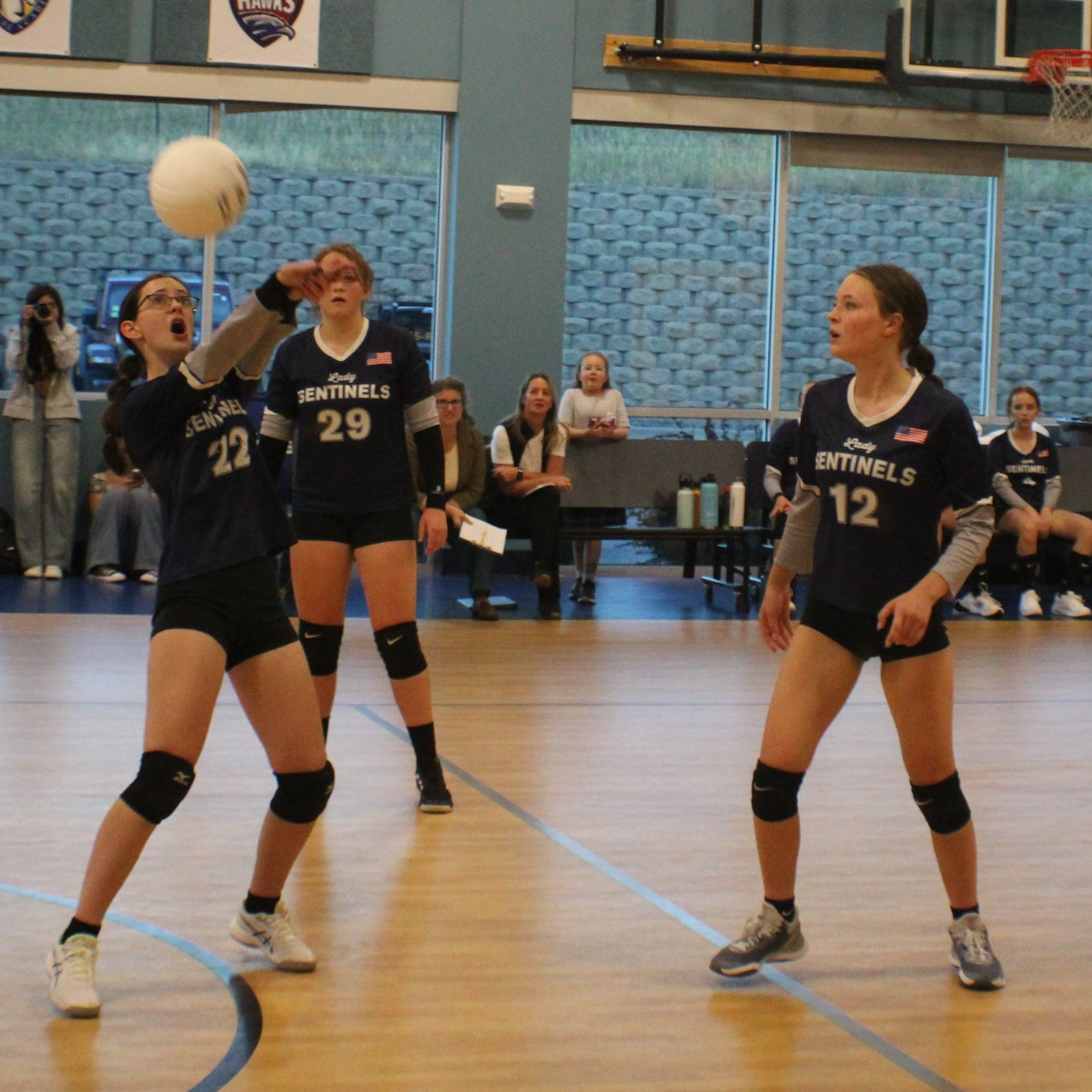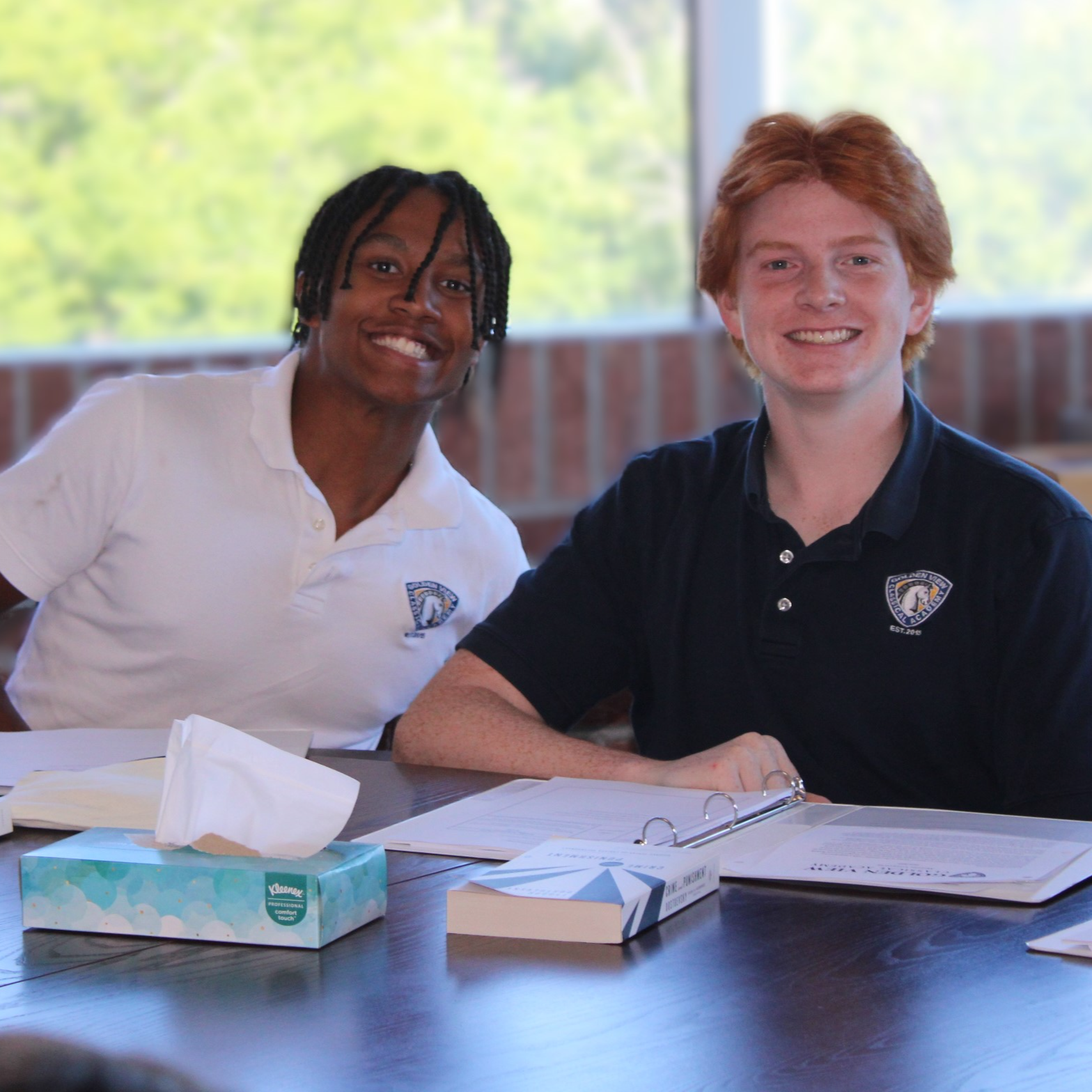September 2024
Dear Friend of Golden View Classical Academy,
I want to share with you the first instance of something that, among many other things, is truly unique to Golden View. At some of our Board meetings, we are adding a discussion called The Sentinel Series, which is a way for the Board to learn more about classical education and to learn about the teachers who bring it to life. Below is the first one of this series…
The purpose of this series, which hopefully continues as a regular part of the Board calendar, is to educate the Board and the public on classical education broadly and our version or approach specifically. But why is this necessary? Is it not already true that the Board, the parents who send their children here, and the teachers and staff who work here, already know what classical education is and the parts that compose it? Probably, yes, even mostly, yes. But that is a state of affairs that doesn’t automatically perpetuate itself. As usual, Aristotle helps us understand why.
The school is a complex organization. It has been variously characterized in the world of education as a family, a team, a tribe, a business, a rainforest, an ecosystem, and a lab. These are all helpful analogies but they do not grasp the core of the thing. The core of a school is that it is most like a regime.
The regime is very much like an elephant - it has many different angles and all of them are partially true. If you were to think about what makes America America, your answers could range from apple pie and F-16s, to the American Dream and Puritans, to a free market or even the Electoral College.
Examples such as these cluster around three primary meanings - the authoritative body, governing institutions, and a way of life. The primary or core of these three is the authoritative body, the group or person who has authority over all, specifically authority over when and what to change. The Board is the school’s authoritative body just like the people is the authoritative body of America. The school changes, or in the case of political philosophy the regime changes, when the authoritative body changes. Now this doesn’t mean whenever new members join (or in America when new citizens are born or immigrants arrive) - it means changing into a different kind of thing.
What makes this Board unique as an authoritative body is that it is self-replicating and selects itself, rather than being elected. To make that change would be to change the authoritative body and thus the school. If, likewise, the reason people were selected were to change to be something like monetary contributions, then it would be corrupted into an oligarchy. If there were one person who took control and it were a cult of personality, then it would become a kind of monarchy, especially if the bylaws were to be changed to allow for past members to join again. So there are two fundamental by-laws, two facts which define the board as an authoritative body, and thus define the school - self-replication and forbidding members from serving continually. These are two very important, crucially important, defining, facts.
But this does not mean the school cannot fundamentally change or won’t fundamentally change by definition. There are, at least, two major subsequent dangers. First is simply that new members could think differently and persuade others away from the mission. This would never be or seem to be nefarious. It probably wouldn’t even be nefarious. It would just be convincing. The second is a Principal who does it, either convincing the Board to change in a different direction, or changing internally without the Board knowing. Still, though, the fact that the Board is self-replicating and continually refreshed can correct these excesses in time.
Ultimately, though, there is no structural answer to the possibility of fundamental change or mission drift and abandonment. There is no way to design a system to avoid change, and no desirable way either. It is important to be flexible and firm, not rigid and fragile. The only way of mitigating against those dangers is education, specifically the education of the Board. This is different from an education in Colorado law or Board best practices. It is not fundamentally about the business of the school, which is the business schools generally consider to be the point of public meetings. It is an education in the purpose of the school that the Board oversees and thus the reason why meetings exist in the first place.
The purpose of these sessions in public meetings in particular is to engage in that education in front of and alongside our interested community. Not only is it therefore an education for anyone, but demonstrates the Board’s commitment to the school’s greatest educational aims. The character of the authoritative body can be viewed by what it praises and blames, and giving staff an opportunity to present on how we do classical education is a kind of honor and praise that reveals the Board’s priorities - our curriculum, our teachers, and our students.
This series will include lectures like this one, readings, and conversation, with the aim of acquainting the Board with the curriculum and the people who teach it. What has been shared thus far is the equivalent of introductory lectures in our Government class for seniors, as well as part of our Moral and Political Philosophy class for juniors.
Sincerely,
Dr. Garrow
Principal, Golden View Classical Academy






